 When each of the individuals, formally or informally, pronounces the solemn “I do”, hardly does any of the pair-parts pay attention to the realization of “till death do us part.” However, this inevitable phenomenon of parting continues to gain ground and become a looming reality, as the spouses continue to celebrate ten years, twenty years, thirty years, forty years, and even fifty years of their wedding anniversary. How then are partners meant to prepare for the handing over of the baton or are they not meant to prepare at all?
When each of the individuals, formally or informally, pronounces the solemn “I do”, hardly does any of the pair-parts pay attention to the realization of “till death do us part.” However, this inevitable phenomenon of parting continues to gain ground and become a looming reality, as the spouses continue to celebrate ten years, twenty years, thirty years, forty years, and even fifty years of their wedding anniversary. How then are partners meant to prepare for the handing over of the baton or are they not meant to prepare at all?
A preacher once gave a story at a funeral Mass.
A well-known pious lady requested of her Maker to let known to her when her time of death neared.
The Maker responded by assuring her that He would provide for her the necessary information early enough on matters of her demise. Years passed and turned into decades. At seventy-three, a sickness befell the beautiful aging lady and soon she succumbed.
On entering the Maker’s domicile, she asked, “How come you did not honor your promise, of letting me know of my dying moment, as earlier promised?”
“Each day you attended a funeral, it was I giving you a sign that your departure day was imminent.”
She certainly had received tens, if not hundreds of warnings, and so is the case for each of us. Yet how come even with such many clear messages, it remains hard to deal with death?
Psychologists and sociologists alike, agree that among the deepest of losses, is the loss of a spouse (Kiingati, 2019b). In the developing world, where poverty to many remains a painful life-threatening scourge, the loss of a male partner, the bread-winner, aggravates the sorrow and the loss (Peterman (2012).
In countries where pristine traditions and customs still render the married woman identitiless, the pain and anguish that marks the loss of a husband are unfathomable (Kiingati, 2019a).
In socio-cultural setups, where founded on poverty, nuclear families have no other dwelling place, except within the localities of the ancestral land, where extended family members reside, and where the man of the house, allows the woman and her children to be sheltered, the demise of this man, is such torment (Oyeniyi & Ayodeji, 2010).
When children are so young and all dependent on the resources that are brought home by the man of the house when security is all on this man, and when livelihood cannot be sustained but for the man’s presence, the lifeless body of this man, is a sharp thrust announcing the torment of the young family (Van De Walle, 2016).
 When a lady is called by the police, shortly after parting with her husband, to go identify a lifeless body, only to realize that it belongs to the husband, who has been involved in an accident or a gun shootout, Post Traumatic Stress Disorder or Trauma (Kristine, Acierno, Resnick, & Kilpatrick, 2010; Chamie, 2021) cannot be far away from her.
When a lady is called by the police, shortly after parting with her husband, to go identify a lifeless body, only to realize that it belongs to the husband, who has been involved in an accident or a gun shootout, Post Traumatic Stress Disorder or Trauma (Kristine, Acierno, Resnick, & Kilpatrick, 2010; Chamie, 2021) cannot be far away from her.
When a pair has lived long enough as to warrant the title love-birds, when their lives have continued to become so intertwined that each depends on the other, the breathing of the last of any of the spousal party, is an almost death knell, to the remaining life (Chan & Chan, 2011; Li, & Lin, 2019 ).
No number of examples are enough to explain the many situations in which spouses find themselves, warranting them to be named widows or widowers. Within largely patriarchal societies (Maseno, & Kilonzo, 2010), and with the many men that are widowed, being unable to continue living alone (Gunga, 2009), and with the many widows finding it challenging to re-marry for whatever reasons (Skarlatos, 2017), the celebration of this day is worth.
WHAT THEN ARE WE CELEBRATING?
Is it the many deaths and low life expectancy among men (Arum & Oranye, 2019), not at all?
Rather, the focus is on the power of the woman, in this context the widow (Taiwo, 2010). When things are so harsh and the centre cannot hold at all, she hangs on and “refuses” to die, for the sake of her children (Kessy, et al., 2008).
This I state with such honour to a woman who “refused” to die, even after having been diagnosed with HIV-AIDS and having the same CD4 count as the husband, who succumbed a week after. Months later when she was asked about her source of strength, she uttered convincingly, “How can I die and leave my children, orphans, at such a tender age!”
We celebrate the many women who spend resources and time nursing their ailing husbands, till the man succumbs.
They mourn as each day they see the diminishing energies of the man they felt was so strong as to defend them in times of distress and attack (Misheck, 2021). We celebrate the many hours and days of endurance, and the hanging on, even when the husband decides to drink himself to the grave (Ogweno, 2010).
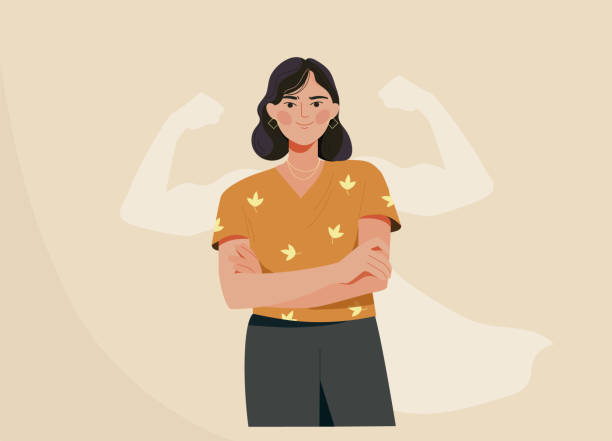
We celebrate the many widows who refuse to be sent off from the homestead of the in-laws (Ogweno, 2010).
Who endure insults from mothers-in-law and even beatings from siblings of the late husband (Ogweno, 2010).
They defy all odds for the sake of their children.
We celebrate those for whom many years since the man died, have passed, yet it all seems like yesterday (Kristine, Acierno, Resnick, & Kilpatrick, 2010), even the world cannot understand that the widow can still not let go.
Lest it is taken that men are demons that subject these women to life traumas, let us also celebrate the widows, whose female married friends speedily avoid connections with these young widows, terming them husband-snatchers and threats to their existing marriages (Muthangya, Kaaria & Katiba, 2018).
Let us celebrate these widows as their female friends, and make all kinds of bad-mouthing against these young women (Muthangya, Kaaria & Katiba, 2018).
Immense is the strength that each of these women carries and exhibits! Indeed they are powerhouses!
We cannot also fail to honour they that offer genuine support to widows. The support may be in recognition of the tribulations that widows go through. It may be in form of a prayer given for the sake of a known widow in the neighbourhood or the workplace.
The support may be in form of a service or financial extension that is meant to assist ease the life of that widow (Sekgobela, Peu, & van der Wath, 2018).
Whatever, you have been able to do, in recognition of that widow, or even of that young orphan, whose mother is a widow, destitute or not, thumbs up!
As the developing trends constantly shed light on the advantages of devolution, how much do I pray that a day when a proper kitty shall be set aside for widows so they can avoid a descent into poverty (Van De Walle, 2016). I agree that it is hard to have some finances kept aside and well managed in a country where corruption is so rampant.
Yet, where there is a will, a way can be eventually found.
To the civil society, and specifically FBOs, the constant cry of the needy widow, calls for an open ear, a heart willing to help, and a hand ready to stretch, not to seek to take advantage of the widow, but to assist in easing the burden of this very widow. We cannot only be having empty words (James 2: 26), in whatever little ways, depending on our Divine given capacities, let each act as we commemorate the month of the hero widow.
And for thee that thinketh safe, gird thy loins for darkness easily befalls thee that is unaware! He that has a wife, how much dear is each day that the Divine grants you together! Cherish each moment to the best of your ability.

They that are with their husbands, do not turn a blind eye, to the gift, and avoid making hay when the sun shines, allowing themselves to scorn she that appears alone, statistics are not so kind to women who age with their partners (Kiingati, 2019a).
For they that have parented daughters that are now married, or soon to be married, a prayer towards the Divine, can never be too much to ask. Indeed they too could easily join the list of those that we celebrate today. All of us, and indeed each of us, shall one-day fall victim, or be with someone who is a close victim.
Let us not turn a blind eye to any that is facing it now!
Kudos once again hero widows!
References
Arum, K., & Oranye, E. (2019). Statistical Study of Life Expectancy of Male and Female Children at Birth in Some Selected African Countries. Available at https://www.researchgate.net/publication/332866667
Maseno, L. & Kilonzo, S. M. (2010). Engendering development: Demystifying patriarchy and its effects on women in rural Kenya. International Journal of Sociology and Anthropology, 3(2), 45-55. Available online http://www.academicjournals.org/ijsa.
Chamie, J. 2021. Widowhood: Stressful and Unprepared. New York: Inter Press News Agency. Available from http://www.ipsnews.net/2020/02/widowhood-stressful-unprepared/.
Chan, W. C. H., & Chan, C. L. W. (2011). Acceptance of spousal death: the factor of time in bereaved older adults’ search for meaning. Death Studies, 35(2), 147-162. DOI:10.1080/07481187.2010.535387.
Gunga, S. O. (2009). The politics of widowhood and remarriage among the Luo of Kenya, Thought and Practice. A journal of Philosophical Association of Kenya (PAK), 1(1), 161-174.
Kessy, F., Kweke, J., Makarambe, R., & Kirie, I. (2008). Vulnerability and property rights of widows and orphans in the era of HIV/AIDS pandemic. Food and agricultural organization of the United Nations Rome. HIV/AIDS Working Programme Working Paper 5. Retrieved from ftp://ftp.fao.org/docrep/fao/010/ai582e/ai582e00.pdf.
Kiingati, J. B. (2019). A Discourse Analysis of Widow Psychosocial Experiences and their Self-Identity. Ph.D. Thesis. Nairobi: Catholic University of Eastern Africa, Tangaza University College. Available at https://afroheritageconsult.org.
Kiingati, J. B. The World of Widows. Dar es Salaam, Claretian Publications.
Kristine, B. L., Acierno, R., Resnick, H., & Kilpatrick, D. (2010). PTSD symptoms in widowed women with lifetime trauma experiences. Journal of Loss and Trauma, 1, 35-43. DOI:10.1080/15325020490255296
Lin, Y. & Lin, H. 2019. Widowhood and health in late life: does health change before or after widowhood in older Taiwanese men and women? Journal of Women and Aging, 32, (6), 684- 699.
Misheck, D. (2021). Widowhood and associated risks in under-resourced communities: A Social Work Perspective. Technium Social Sciences Journal, 26, 779-789, ISSN: 2668-7798. Available at www.techniumscience.com
Muthangya, A. K. M., Kaaria, Z., & Katiba, D. (2018). Psychosocial Challenges Experienced By Women After Spousal Death, Within Selected Churches-In Nakuru County, Kenya. IOSR Journal of Humanities and Social Science (IOSR-JHSS), 23(11), 58-64. e-ISSN: 2279-0837, p ISSN: 2279-0845.
Ogweno, C. A. (2010). Abst-Widows and Widowers Experiences. UON Repository. Available at http://erepository.uonbi.ac.ke.
Oyeniyi, A. & Ayodeji, I. (2010). Widowhood practices among the Yorubas of Southwest Nigeria: are there differences in what women experience due to their status?, Gender and Behaviour, 8, 3152-3167.
Peterman, A. (2012). Widowhood and asset inheritance in Sub-Saharan Africa: empirical evidence from 15 countries. Development Policy Reiwev, 30(5), 543-571.
Sekgobela, G.L. Peu, D.M. & van der Wath, A.E. 2018. Health-Support Needs of Widows in South Africa: A Phenomenological Inquiry. OMEGA–Journal of Death and Dying, 0(0)1-16.
Skarlatos, T. (2017). Kenya Widows Fight Sexual “Cleansing” Practice. Retrieved from https://www.bbc.com.news/av/world-africa-41999891
Taiwo, A. O. (2010). Power and Womanhood in Africa: An Introductory Evaluation. The Journal of Pan African Studies, 3(6). Available at http://www.jpanafrican.org.
Van De Walle, D. 2016. The shock of widowhood: Marital status and poverty in Africa. Available from: https://blogs.worldbank.org/africacan/the-shock-of-widowhood-marital-status-and poverty-in-Africa

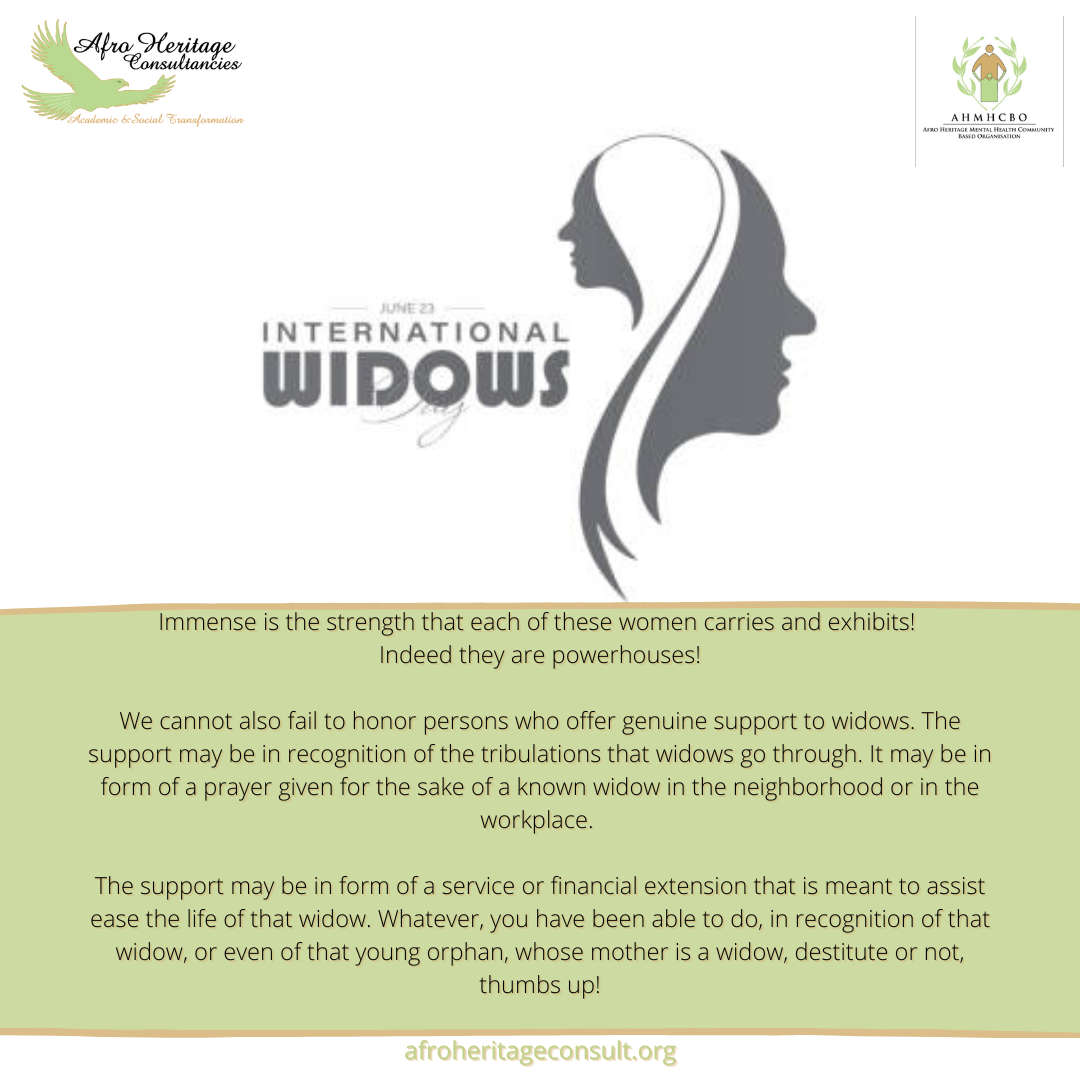
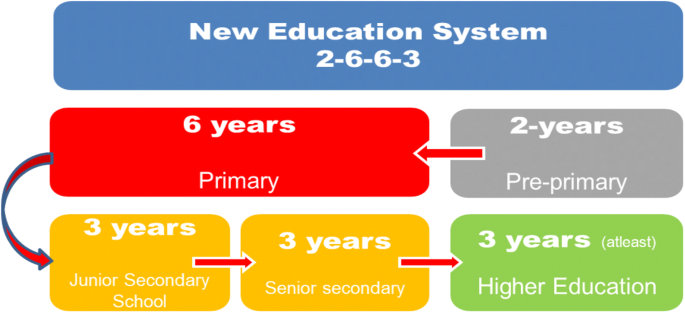
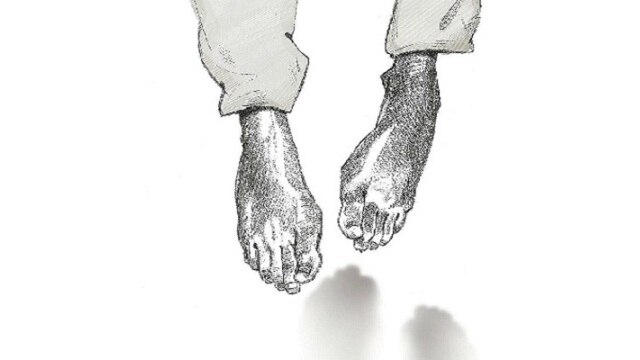
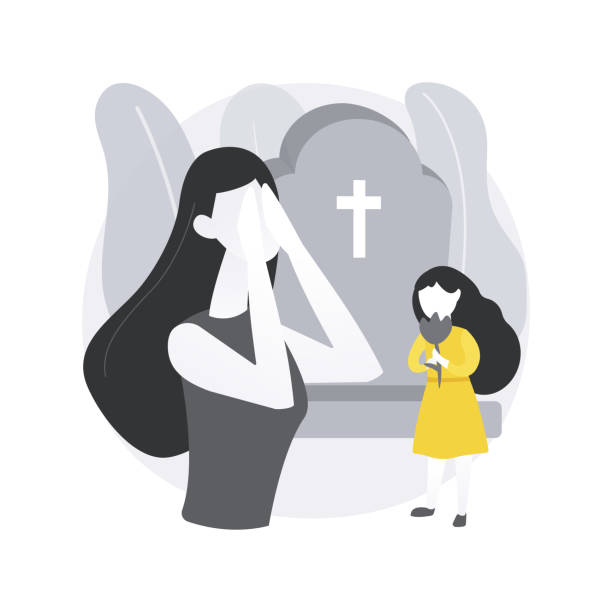
whoah this blog is wonderful i really like reading your articles. Keep up the great paintings! You realize, a lot of people are hunting round for this info, you could help them greatly.
Thank you for your comment and readership.
I have read so many posts about the blogger lovers however this post is really a good piece of writing, keep it up
Great selection of modern and classic books waiting to be discovered. All free and available in most ereader formats. download free books